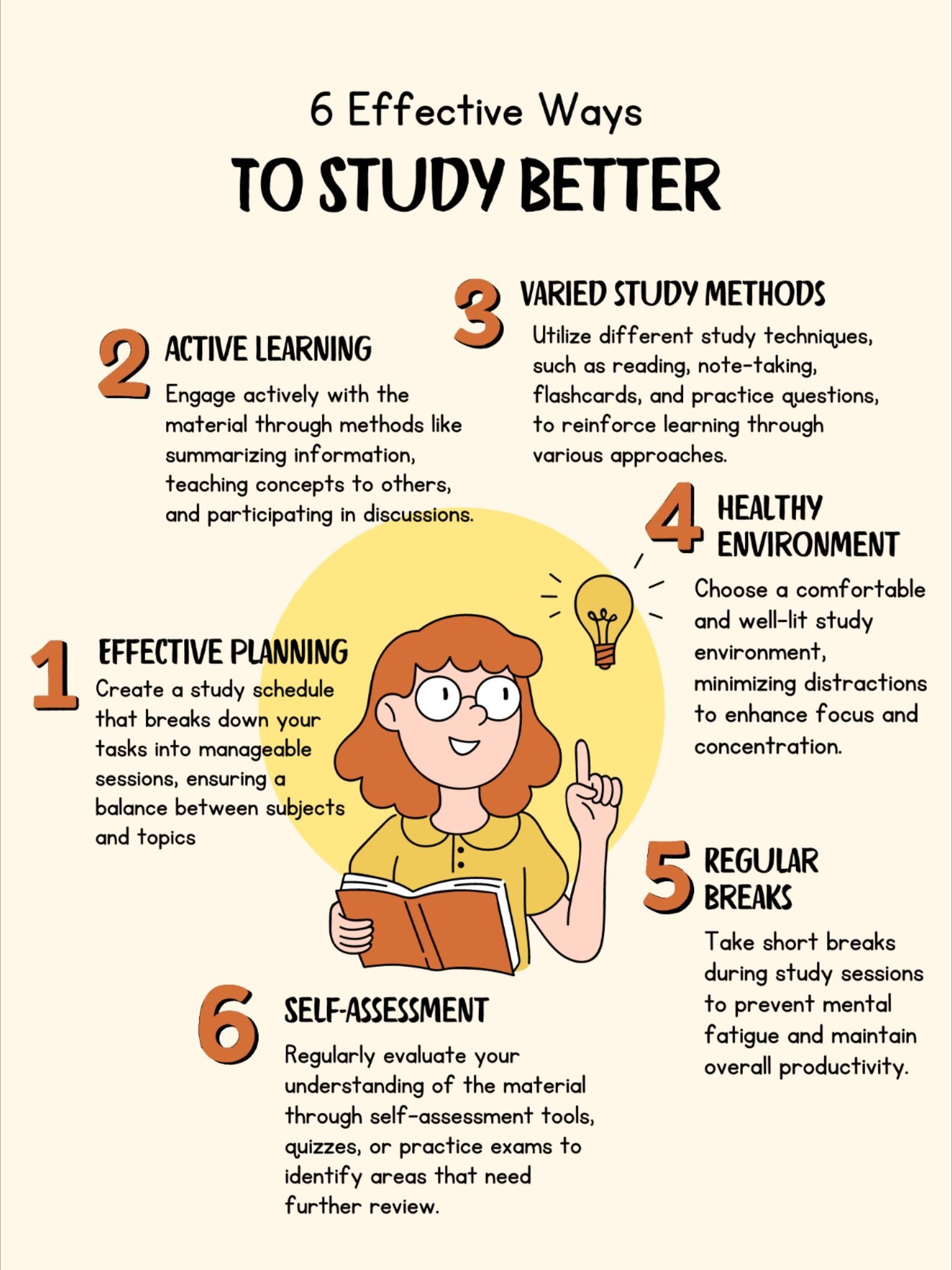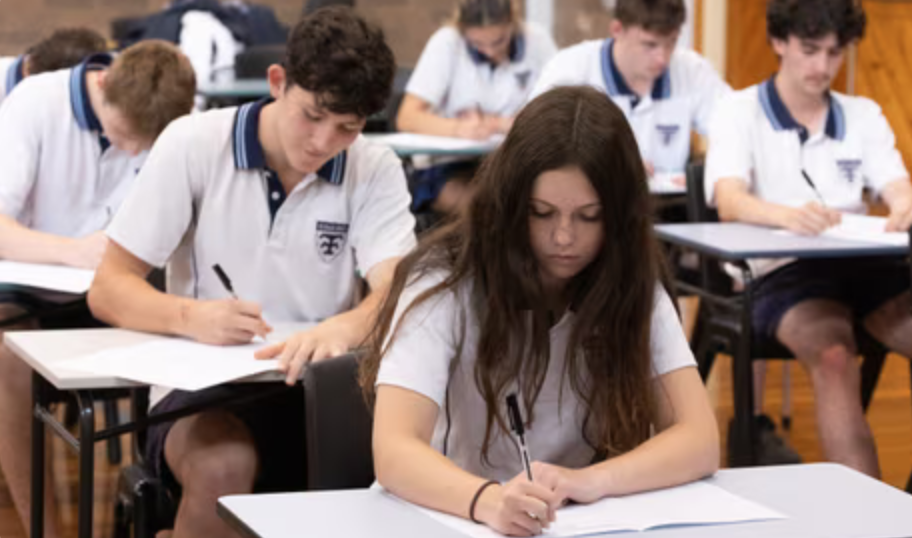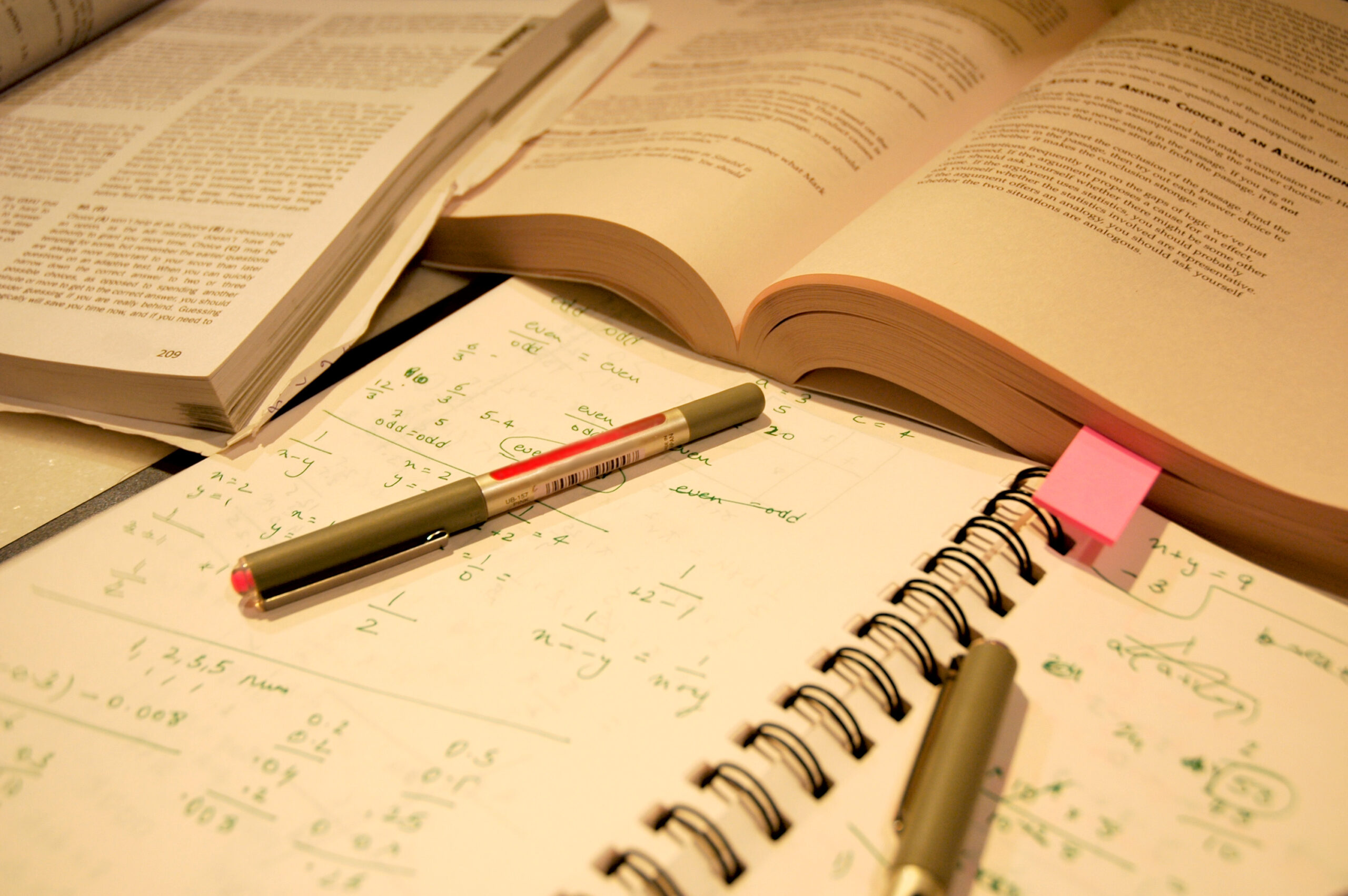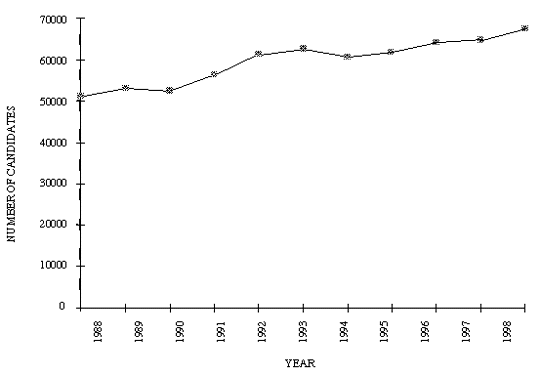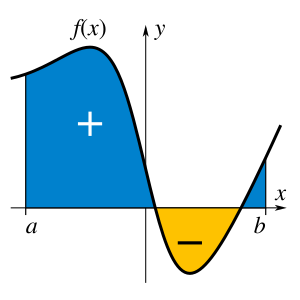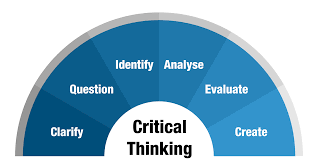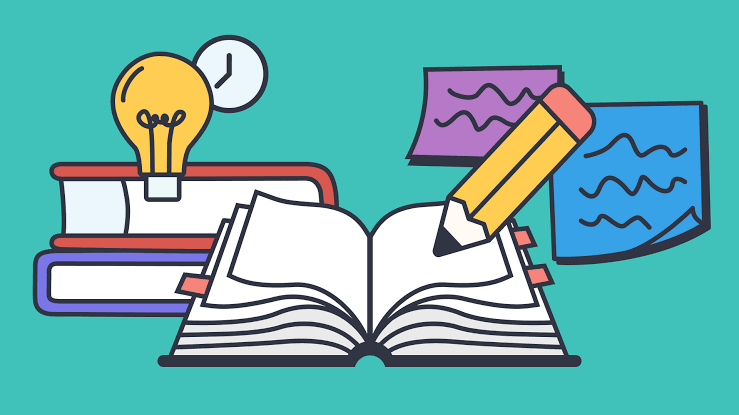
The HSC can feel pretty overwhelming at times. With multiple subjects to juggle, assessments popping up left and right, and the pressure to do well constantly hanging over your head, it’s easy to feel like you’re drowning in it all. That’s where a study timetable can really make a difference.
Having a timetable isn’t about being rigid or taking all the fun out of your life. It’s about giving yourself structure and making sure you’re not leaving everything to the last minute. Breaking things down into manageable chunks can help you stay on top of your workload and actually reduce stress. It’s a good feeling to know exactly what you need to do and when you need to do it.
What’s more, a good study timetable helps you keep balance in your life. You can plan in time to catch up with friends, go for a walk, or just binge your favourite show for a bit. It’s not about working non-stop, it’s about working smarter. When you know you’ve got time set aside to relax, it’s easier to stay motivated when it’s time to focus.
And let’s face it, distractions are everywhere. Phones, social media, Netflix, you name it. A timetable gives you a clear plan so you’re not constantly second-guessing what to study next. That way, you waste less time and get more done.
Of course, things don’t always go to plan. Some days you’ll be tired, or something unexpected will come up. That’s okay. Your timetable isn’t set in stone, it’s there to guide you, not stress you out!
In the end, a study timetable is a small thing that can make a big difference. It helps you stay organised, feel more in control, and get through the HSC with a bit more confidence and a lot less panic.
Sophie


